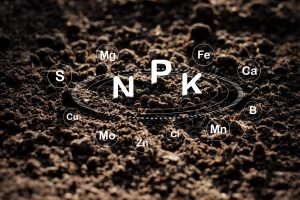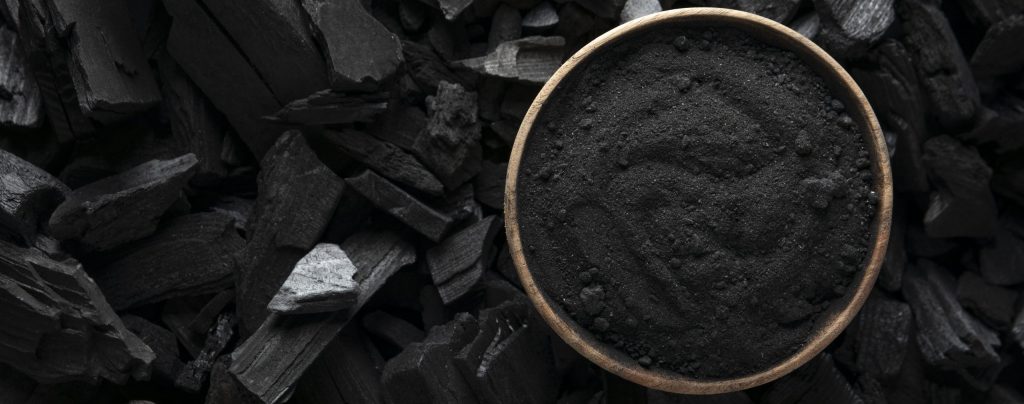About
Biochar, with adsorptive qualities has the potential to be applied as a sustainable adsorbent material in treating nutrient rich or polluted waters. The biochar’s ability to retain nutrients such as nitrogen and phosphorous from agricultural waters was assessed by performing sorption experiments in the laboratory by alchemia-nova and Technical Research Centre of Finland. Two different commercially available biochars were tested. Biochar 1 (B1) is produced by Sonnenerde GmbH from residuals of grain husks, fruit sludge and wood, and is milled down to a grain size of 0-0.2 mm. Biochar 2 (B2) is produced by Charline GmbH from wood and available at a grain size of 0-2 mm. The biochars were tested in the original state and as well activated in water vapor applying heat and pressure. The biochars were added to separate solutions of ammonium, nitrate and phosphorous. The amount of nutrients that can be adsorbed by the char was calculated by measuring the concentration of the solution before and after biochar addition.
Direct benefits of the application are the possibility to apply activated biochar to the field, thus reducing the need for artificial fertilizer, reducing nitrogen leaching and increasing the amount of carbon in the soil and thus the soil structure. Simultaneously, and depending on the soil type, the biochar can increase the water retention capacity of the soil.
-

- Coal mining – coal miner in the man hands of coal background. Picture idea about coal mining or energy source, environment protection. Industrial coals. Volcanic rock.
Developed by
Contact
Dr. Mona Arnold
Dr. Eriona Canga
Case Study
Where We Test Our Solution
Biochar is tested by laboratory experiments at: Technical Research Centre of Finland, alchemia-nova, Alma Mater Studiorum – University of Bologna, Gårdstånga Nygård, Bay Zoltán Nonprofit Ltd for Applied Research, University of Natural Resources and Life Sciences, Vienna



Solution Test Progress
Biochar was activated at Technical Research Centre of Finland and its nutrient retaining capacity was assessed with spiked water and compared to the capacity of non-treated biochar. The capacity was further tested and optimized with water from selected case studies. The use of nutrient loaded char as a fertilizer was assessed. The release of nutrients for plant uptake in soil was evaluated by Bay Zoltán Nonprofit Ltd for Applied Research, who assessed the efficiency of the nutrient-saturated biochar as a fertilizer by laboratory-scale cultivation tests. The nutrients nitrogen, phosphorus and potassium in the soil and plants was also analyzed. Furthermore, alchemia-nova and Alma Mater Studiorum – University of Bologna tested biochar in selected drainage systems. alchemia-nova tested a nutrient loading technique on biochar at small scale. An application process was evaluated with two biochar producers.
The biochar showed some effectiveness towards the retention of nitrate. Moreover, adsorption capacities for phosphate can be enhanced effectively by chemical modification methods (e.g. doping with iron oxide) to strengthen its surface properties.
Publications
- Assessment of Biochar for Nutrient Retention, Practice Abstract
